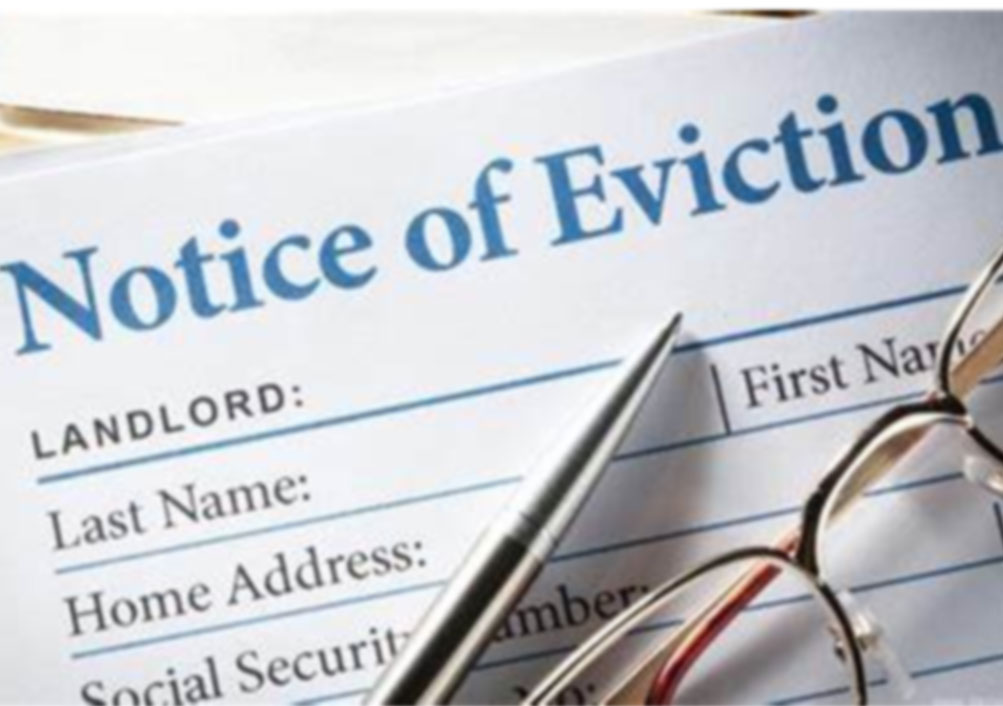When Decree of Eviction is being passed, erstwhile tenant becomes unauthorised occupant and is liable to pay mesne profits for his continued occupation: SC

Read Judgment: Heera Traders & Anr. vs. Kamla Jain
Pankaj Bajpai
New Delhi, February 24, 2022: While considering an appeal filed by the erstwhile tenants seeking protection from eviction upon payments of mesne profits to the landlord as per Section 13 of the of the Madhya Pradesh Accommodation Control Act, 1961, the Supreme Court has held that once the Decree of Eviction is being passed, the erstwhile tenant becomes an unauthorized occupant and he makes himself liable to pay mesne profits for his continued occupation.
The erstwhile tenant, such as the appellants in the present case, despite making payment, in accordance with Section 13 of the Act, would not be protected from being evicted in terms of the Decree/Order of Eviction during the pendency of the appeal or proceeding, added the Court while quoting the decision in case of Atma ram Properties (P) Ltd. v. Federal Motors (P) Ltd. ,(2005) 1 SCC 705.
A Division Bench of Justice K.M. Joseph and Justice Pamidighantam Sri Narasimha observed that power of the Appellate Court to impose conditions for staying the Decree, cannot be confined by the dictate in Section 13 of the Act, to the appellants/tenants, to deposit the agreed rent, particularly, having regard to the time consumed in litigation and, more importantly, the impact of the Decree of Eviction, depriving the appellant of his status as a tenant.
The observation came pursuant to an order, whereby the High Court while allowing the application filed by Heera Traders (appellants) under Order XLI Rule 5 of the CPC and applications for an appropriate direction to the appellants to pay mesne profits along with the regular monthly rent and damages filed by Kamla Jain (respondent-landlady), directed that the appellants shall pay the rent of suit shops at the rate of Rs.18000/- per month to the respondent from the date of decree passed by the lower Appellate Court till the disposal of the Second Appeals. The appellants were also directed to pay the entire arrears of rent within a period of 2 months failing which the interim order of protection from eviction under the decree would stand vacated.
After considering the submissions, the Apex Court found that the definition of the word “tenant” in Section 2(i) undoubtedly does not include any person against whom an Order or Decree for Eviction has been made, and it would not include even a tenant, against whom, an Order of Eviction has been made u/s 12(1)(a) of the Madhya Pradesh Accommodation Control Act, 1961, which provides that default in payment of rent within two months of the demand for the arrears of rent, shall be a ground to evict.
Section 13 on the other hand starts with the heading ‘when tenant can get the benefit of protection against eviction’, added the Court.
Speaking for the Bench, Justice Joseph noted that it is correct that the heading of a section cannot control the construction of the provision itself, as the provision, as it unfolds under the heading, must be given the full meaning according to the principles of interpretation, which the court is persuaded to apply.
The only area where the heading may be useful is when the provision is shrouded in ambiguity, and the heading may shed some light, however, faint it may be, added the Bench.
Justice Joseph further highlighted that the provisions of Section 13, as it stood prior to substitution in the year 1983, did not embrace a situation where any Appeal or other proceeding was filed by a tenant.
On the other hand, under the erstwhile avatar, the Law-Giver confined the provision to a situation where a Suit or proceeding was instituted by the landlord, added the Bench.
The top Court noticed that the rent was fixed in 1975, the premises in question was non-residential and consisted of 150 square feet. There was no reference to the rent being fixed in proceedings for fixing the standard rent, the suit was filed in the year 2009 and the decree for Eviction was passed in the year 2013.
Keeping all these facets in consideration, the Apex Court granted the Appellants five weeks time to deposit the entire amount in terms of the orders after adjusting the amounts already deposited/paid on the basis of the orders of the execution court, and clarified that the amounts will also subsume the amounts paid/payable u/s 13 of the Act.
The Top Court also permitted the respondent to withdraw the rent at the rate of Rs.10,000/- per month from the amount which was deposited by the appellants.
Sign up for our weekly newsletter to stay up to date on our product, events featured blog, special offer and all of the exciting things that take place here at Legitquest.




Add a Comment